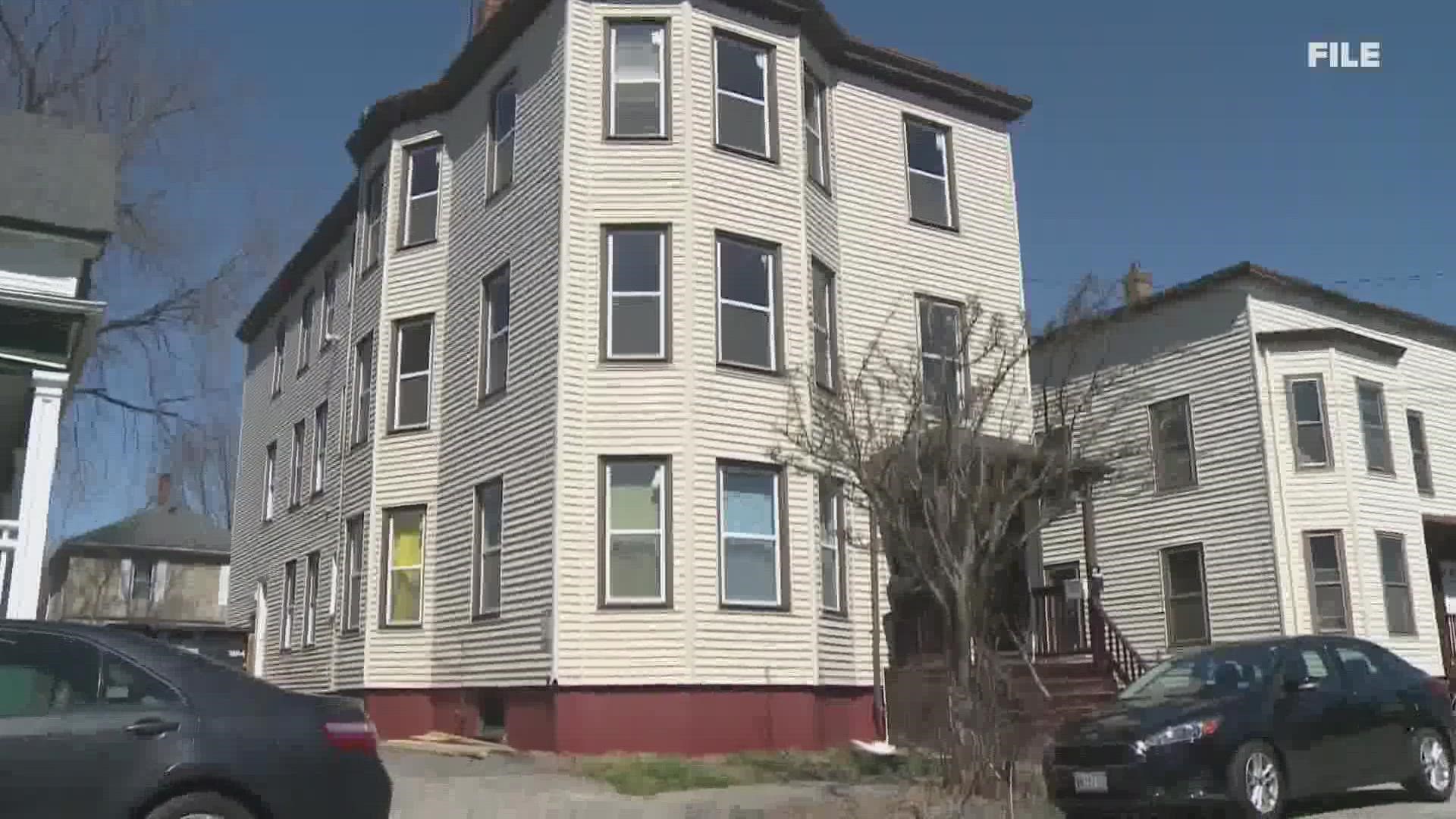AUGUSTA, Maine — Maine’s decades-long housing issue was made worse by the pandemic, but a commission created by the Legislature has released recommendations to help.
During the summer, the Maine Legislature voted to create a commission to address affordable housing problems in the state. Starting in August, the Commission to Increase Housing Opportunities in Maine by Studying Zoning and Land Use Restrictions met to develop solutions.
The commission was staffed with four legislators, including House Speaker Ryan Fecteau, D-Biddeford, as well as a representative from the governor’s office and Director of MaineHousing Dan Brennan.
In June, Fecteau said the housing crisis would be a significant focus of the Legislature. One week before lawmakers gather for the second session in Augusta, the commission has released its recommendations.
Before its first meeting, the commission was tasked with multiple duties. They included reviewing data on housing shortages for low and middle-income households, reviewing local regulations of housing, examining what has been done at other states that are working to solve the same problem, and considering options that would encourage increased housing options in Maine.


On Tuesday, the commission released nine recommendations the Legislature can further examine when its members return to Augusta on Jan. 5. The recommendations are:
- Allow accessory dwelling units by right in all zoning districts currently zoned for single-family homes.
- Eliminate single-family zoning restrictions in all residential zones across the state by allowing up to four residential units on all lots, in compliance with any health and safety requirements such as minimum septic and lot sizes, with a sunrise clause to provide adequate time for municipalities to prepare for this change.
- Prohibit municipal growth caps on the production of new housing.
- Provide technical and financial assistance for all communities seeking support in making zoning improvements and in identifying opportunities for increasing affordable housing.
- Create density bonuses in all residential zones throughout the state, giving low to middle-income housing projects 2.5 times the density of the existing zone, with a parking requirement of no more than .66 spaces per unit for the additional units, and with the requirement that those units be protected as affordable for a specific period of time
- Create a three-year statewide incentive program for municipalities as follows: In year one, a qualifying community must make a commitment to reviewing zoning and land-use restrictions. In years two and three, adopt zoning and land use policies to promote housing opportunities. Qualifying communities would receive a state financial reward for up to three years, so long as they remain in good standing with the program requirements.
- Create a system of priority development areas, where multi-family housing is permitted with limited regulatory barriers.
- Strengthen Maine’s Fair Housing Act by eliminating the terms “character,” “overcrowding of land,” and “undue concentration of population” as legal bases for zoning regulations.
- Create a state-level housing appeals board to review denials of affordable housing projects made at the local level.
The commission’s findings further state that changes to zoning alone will not address the challenges of housing Mainers, and it is one aspect of the overall housing policy.

